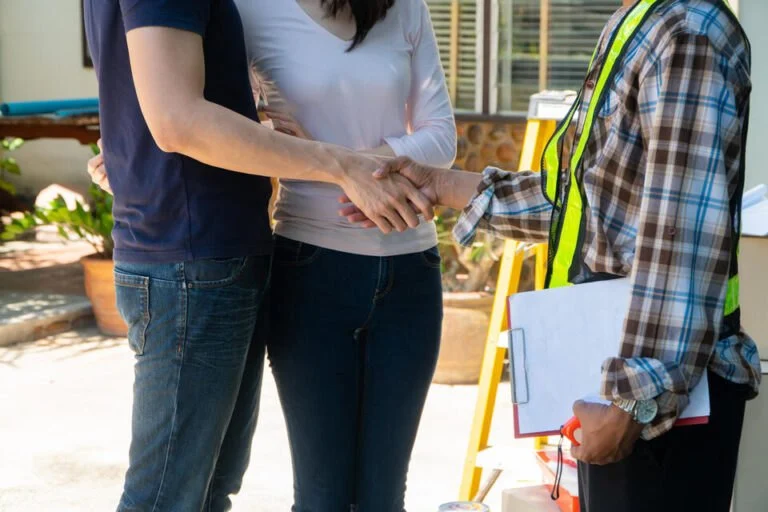
What is a Roofing Project Completion Certificate? For Insurance and Records
- 1. Understanding the Roofing Project Completion Certificate
- 2. Importance of a Roofing Project Completion Certificate for Insurance
- 3. How the Completion Certificate Affects Your Roofing Records
- 4. The Key Components of a Roofing Project Completion Certificate
- 5. How to Obtain a Roofing Project Completion Certificate
- 6. Real-Life Example: The Role of the Completion Certificate in Insurance Claims
- 7. Recommended Products and Services for Your Roofing Project
After completing a roofing project, one important document you’ll want to ensure you have is the Roofing Project Completion Certificate. This document not only marks the official completion of the project but also plays a crucial role in insurance claims and future roofing records. In this article, we will explore the purpose of the Roofing Project Completion Certificate, its importance for insurance purposes, and how it affects the long-term maintenance and warranty of your roof.
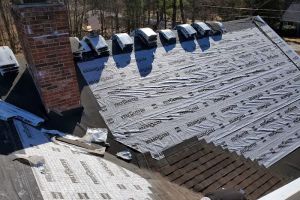
Eaton Exteriors Roofing and Construction
MilfordHillsborough CountyNew Hampshire
31 Cypress Rd, Milford, NH 03055, USA
1. Understanding the Roofing Project Completion Certificate
A Roofing Project Completion Certificate is a formal document provided by the roofing contractor or company once a roofing job is fully completed. It serves as official confirmation that the roofing work has been performed according to the agreed-upon specifications and meets all relevant local building codes and regulations. This certificate is typically issued at the end of the roofing installation or repair process and is a key component of your roofing project records.
2. Importance of a Roofing Project Completion Certificate for Insurance
Having a Roofing Project Completion Certificate is vital when dealing with your home’s insurance policy. Most insurance companies require proof that the roof has been installed or repaired correctly, especially if a claim is made due to water damage or storm-related issues. The certificate provides insurance adjusters with documentation that the roof was installed following industry standards and building codes. Without this certificate, you might face delays or issues with your claim, or your claim may even be denied.
3. How the Completion Certificate Affects Your Roofing Records
Beyond insurance claims, a Roofing Project Completion Certificate is also an essential part of your roofing records. It provides a clear record of the work completed, including the materials used and any warranties or guarantees associated with the roofing job. This certificate is valuable when it comes to future roof inspections, maintenance, and potential resale of your home. It proves that the roofing work was done professionally, ensuring peace of mind for both you and future property buyers.
4. The Key Components of a Roofing Project Completion Certificate
The Roofing Project Completion Certificate typically includes the following key components:
- Project Details: The name of the contractor, the project address, and the start and completion dates of the roofing project.
- Work Performed: A description of the work that was completed, including the type of roofing system installed, materials used, and any repairs that were made.
- Compliance: Confirmation that the work was done according to local building codes and regulations.
- Inspection Results: Any inspections or approvals received from local authorities or third-party inspectors regarding the roof installation.
- Warranty Information: Details of any warranties or guarantees provided by the contractor on the roofing materials or labor.
5. How to Obtain a Roofing Project Completion Certificate
After the roofing project is completed, obtaining the Roofing Project Completion Certificate should be a straightforward process. Here are the steps involved:
- Confirm Project Completion: Ensure that all aspects of the project have been completed as per the contract. This includes any inspections, approvals, or permits required by local authorities.
- Request the Certificate: Contact your roofing contractor and request the completion certificate. If the contractor has not provided this document, ask for it as part of the final steps of the project.
- Verify the Details: Review the certificate to ensure that all the necessary details are included, such as the scope of work, materials, and warranty information.
- Store the Certificate: Once you receive the certificate, make sure to store it in a safe place with your other roofing and home maintenance records. This will be valuable for future insurance claims, roof inspections, and potential home resale.
6. Real-Life Example: The Role of the Completion Certificate in Insurance Claims
Let’s take a look at a real-life example where the Roofing Project Completion Certificate played a critical role in an insurance claim. A homeowner in Florida had a new roof installed after a storm damaged the old one. Several months later, the homeowner filed an insurance claim for water damage caused by heavy rainfall. The insurance company initially hesitated to approve the claim due to concerns about the roofing work. However, once the homeowner provided the Roofing Project Completion Certificate, which confirmed that the roof had been installed according to code, the insurance company quickly processed the claim and approved the repair costs. This demonstrates the importance of having the completion certificate on hand when dealing with insurance matters.
7. Recommended Products and Services for Your Roofing Project
To ensure that your roofing project goes smoothly and that you receive a Roofing Project Completion Certificate, it’s important to work with trusted professionals and high-quality materials. Here are some recommended products and services for your roofing needs:
- Professional Roofing Services: Work with certified roofing contractors who are experienced and familiar with local building codes to ensure a quality installation and compliance with regulations.
- High-Quality Roofing Materials: Invest in durable, high-performance roofing materials such as asphalt shingles, synthetic slate, or metal roofing to extend the life of your roof.
- Roof Inspection Services: Consider scheduling periodic roof inspections to assess the condition of your roof and ensure it remains in good shape, especially before filing insurance claims.
For top-notch roofing products and expert services, visit BeachCo Roofing Hub to find everything you need for your next roofing project.


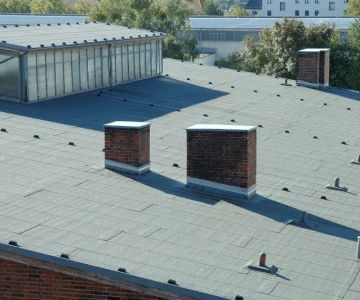

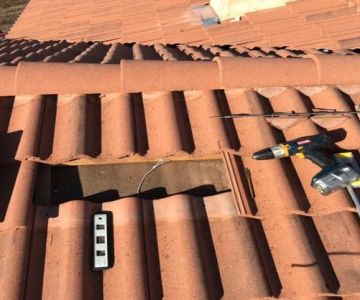
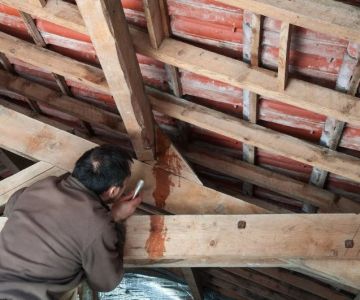

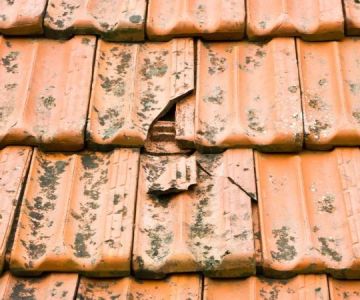
 Roof Repair And Replacement Fort Washington5.0 (24 reviews)
Roof Repair And Replacement Fort Washington5.0 (24 reviews) Pinecreek Contracting Company5.0 (18 reviews)
Pinecreek Contracting Company5.0 (18 reviews) Infrascan & Roof Services0.0 (0 reviews)
Infrascan & Roof Services0.0 (0 reviews) Zimmerman's Roofing4.0 (543 reviews)
Zimmerman's Roofing4.0 (543 reviews) NJ Leak Repair Roofing5.0 (13 reviews)
NJ Leak Repair Roofing5.0 (13 reviews) CR Multiples Services Corporation5.0 (4 reviews)
CR Multiples Services Corporation5.0 (4 reviews)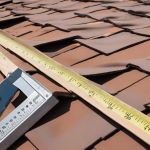 What is a Roofing Square? How to Convert Measurements for Your Project
What is a Roofing Square? How to Convert Measurements for Your Project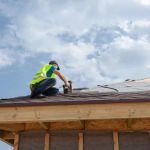 How to Choose a Roofing Contractor That is Certified by Major Manufacturers
How to Choose a Roofing Contractor That is Certified by Major Manufacturers The Average Cost of a Roof Warranty Extension Beyond Standard Terms
The Average Cost of a Roof Warranty Extension Beyond Standard Terms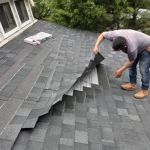 How to Repair a Roof Leak from a Rooftop Observatory or Dome
How to Repair a Roof Leak from a Rooftop Observatory or Dome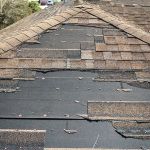 How to Identify and Repair Roof Damage from Tree Sap
How to Identify and Repair Roof Damage from Tree Sap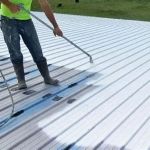 The Average Cost of a Roof Coating Application
The Average Cost of a Roof Coating Application